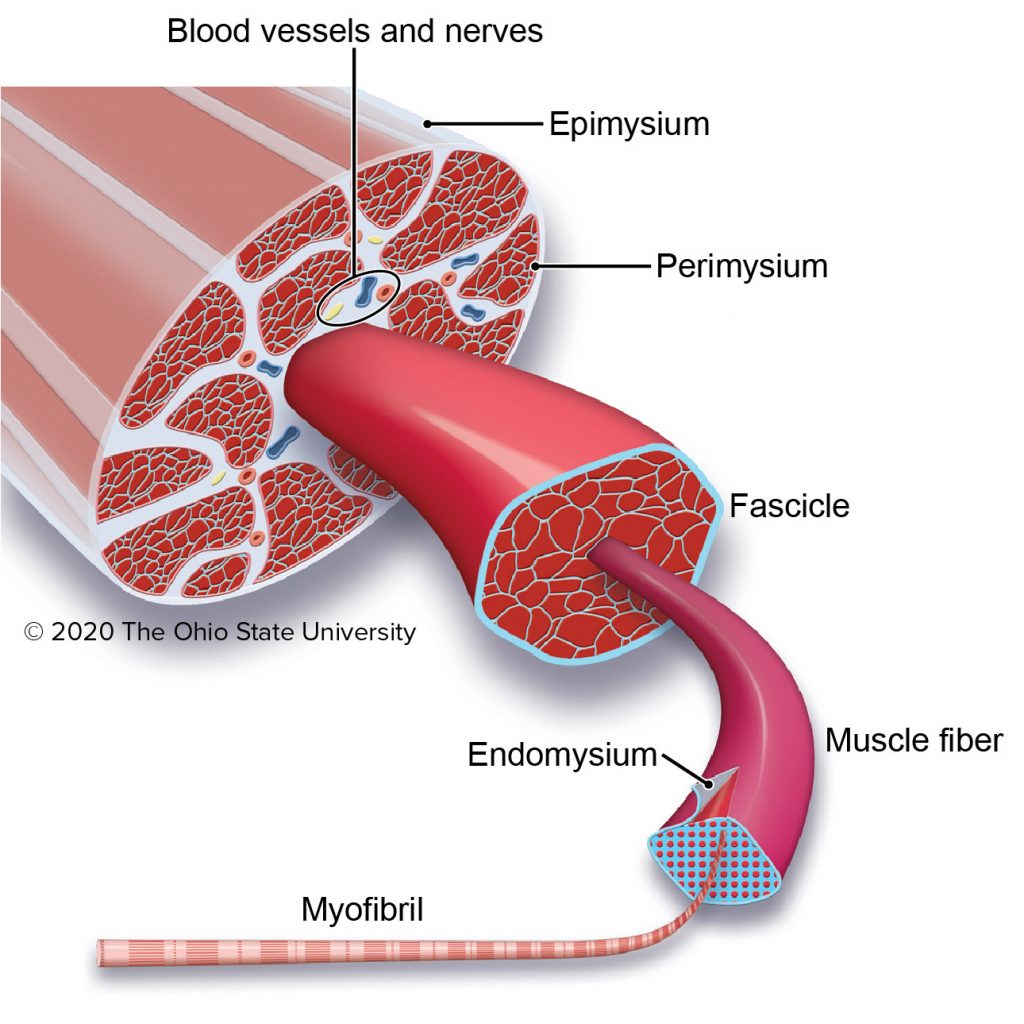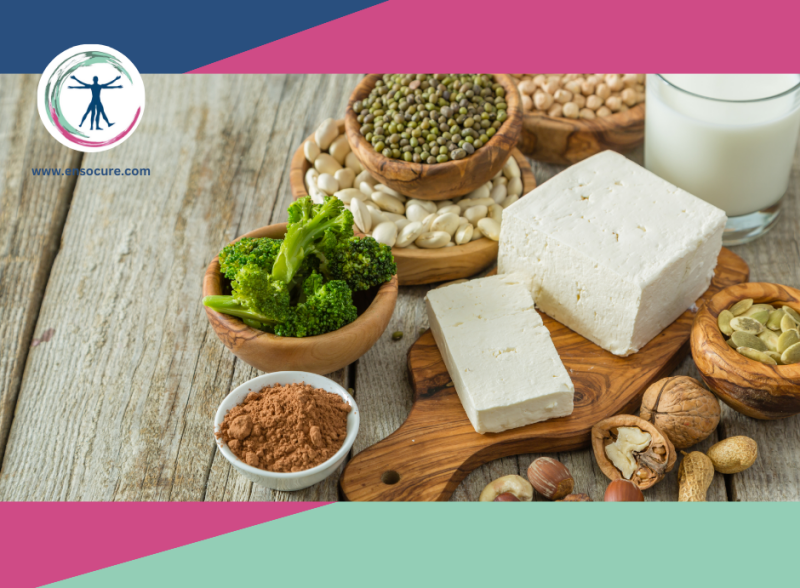Protein is an essential ingredient of nutrition required by the human body. Scientifically speaking, protein provides your body with essential amino acids that are the building blocks of life. It initiates enzyme production and constitutes the most important of physiological processes in the body, protein synthesis. Now it is common knowledge that non vegetarian products are commonly regarded as the richest sources of protein but as a vegetarian, it doesn’t mean you should be deprived of protein in your diet. You’ll be surprised to find out that there are several rich vegetarian sources of protein that also contribute to health and building muscle.

What’s more important is not the source of protein, but the quality of protein and the fact that you get all nine essential amino acids required for your RDA of protein profile. Essential amino acids include branch chain amino acids which are not produced in the body. As a result you need them from food.
The nine essential amino acids are
- Histidine,
- Lysine
- Methionine
- Phenylalanine
- Threonine
- Tryptophan
BCAAS (Branch Chain Amino Acids)
- Isoleucine
- Leucine
- Valine.
Protein synthesis and why protein is important
Protein synthesis is a metabolic process that breaks down into macronutrients which nourishes our muscles. Without protein synthesis our bodies would lack muscle development and energy produced in the process. Protein intake helps us recover from the loss in muscle cells and tissue during physical activity, it also helps in reducing the soreness from strenuous physical activity or workouts.
Besides its role in muscle building, protein helps us repair damaged tissue and contributes to building and repairing cartilage, cells, , bones and blood. It is also needed for several bodily functions and general health. In simple terms, your body needs protein.
How much Protein do you need?
According to Harvard Health, the recommended dietary intake of protein for the average man should be 0.8 grams of protein per kg of body weight. The average sedentary man should get 56 gms of protein per day and women 46 gms. To determine your RDA of protein you should multiply your weight in pounds by 0.36. Alternately you can refer to this online protein calculator.
This brings us to the all-important question what do vegetarians do for protein. The answer is simple. While a vegetarian diet devoid of red meat can be excellent for health, it can also provide you your daily dose of protein providing you know what to eat.
10 Vegetarian Sources of Protein
1. Chickpeas and lentils
A 100ms serving of protein contains 19gms protein which is an impressive amount. A cup of garbanzo beans will yield 12 Gms of protein per serving. Chickpeas or chole, are rich in fiber, essential vitamins, and minerals such as iron, vitamin B-6, iron, calcium, and magnesium. Lentils too are rich in protein. Check out the nutrient protein profile of various lentils in India. Moreover , lentils like Horsegram have excellent health benefits such as containing tyrosine, an amino acid necessary in the synthesis of thyroid hormones.
- Urad Dal (Black Gram) 24 gms
- Masoor Dal (Red Lentils) 24 gms
- Moong Dal (Green Gram) 24 gms
- Chana Dal (Split Chickpeas) 25 gms
- Toor Dal (Pigeon Peas) 22 gms
- Kulthi Dal (Horse Gram) 22-25 gms
2. Edamame
Just one cup of edamame will give you a protein punch of 18gms. 100 gms of edamame yields 11 gms of protein besides being incredibly rich in iron and potassium a major electrolyte required by the body
3. Tofu
100 grams of tofu will yield 8 gms of protein. Tofu is also rich in leucine a major BCAA (branch chain amino acid) essential for muscle development and protein synthesis. Tofu is also rich in magnesium, calcium and iron.
4. Mung beans and mung bean sprouts
Mung beans or green gram are native to India, China, and Southeast Asia. 1 cup of cooked Mung beans (202) gms contains 14.2 gms of protein. In addition it is a rich source of omega 3 and omega 6 fatty acids. Mung beans are packed with essential vitamins and minerals such as lecithin, folate, vitamin c, magnesium, vitamin A, potassium, phosphorus, selenium and calcium. An added benefit of mung bean sprouts is its ability to reduce cholesterol.
5. Quinoa
Quinoa is one of the best vegetarian sources of protein. 1 cup (100) gms of coked quinoa will yield 4.4 gms of protein, but hey!! don’t be so critical yet of that low figure. Quinoa is one of the few plant sources that is a complete protein which means it contains all the 9 essential amino acids required by the body for normal function and health.
7. Spirulina
Just two tablespoons of spirulina is enough to give you a protein substitute for your meal. Consider this fact that 1 cup of dried spirulina (100) gms contains a whopping 57 gms of protein and a multitude of vitamins and minerals including omega 3 fatty acids. Like Quinoa it contains all essential amino acids and 2800% more beta carotene than carrots and 3900% more iron than spinach. The health benefits of Spirulina are endless which is why it is one of the superfoods on the planet.
8. Kidney Beans (Rajma)
Kidney beans are rich in protein, carbohydrates, and fiber and of course Rajma-Chawal is an all-time favorite in every Indian household. 100 gms of cooked rajma yields 7.7 grams of protein which isn’t bad considering how some expensive protein powders yield that much too.
9. Green Peas (Matar)
Green peas provide protein and fiber and both frozen and fresh are good to go. One cup of green peas (100) gms yields 5.57 gms of protein. Now pair that with paneer to make the ll time favorite matter paneer and you’ve got a protein power punch.
10. Milk
Milk contains two important proteins, casein (80%) and whey (20%). Both proteins contain all nine essential amino acids required for normal function of human physiology. 1 glass of milk or 250 ml contains 8.4 gms of protein. For those who are lactose intolerant, you could resort to casein-based milk only or lactose free milk. It is a good idea to consume low fat milk to avoid increasing your saturated fat intake. Milk also contains calcium, and several other vitamins and minerals.
11. Cottage cheese
Cottage cheese is rich in essential nutrients besides being a good vegetarian source of protein, 100 gms of cottage cheese yields about 11 gms of protein. Cottage cheese is a good source of calcium and is an active component of weight loss diets.
12. Yoghurt
1 cup of plain whole milk yoghurt contains 8.5 gms of protein. If you consume Greek yoghurt you get an added benefit of 10 Gms of protein as well as all nine essential amino acids. Yoghurt is packed with essential nutrients besides being rich in probiotics which introduce good bacteria in the body and promote a healthy gut.


Wow wonderful blog layout How long have you been blogging for you make blogging look easy The overall look of your site is great as well as the content